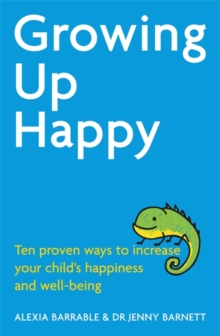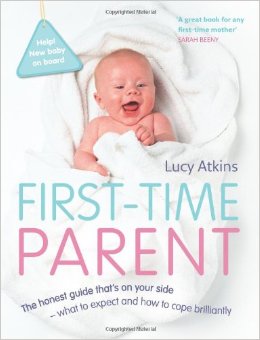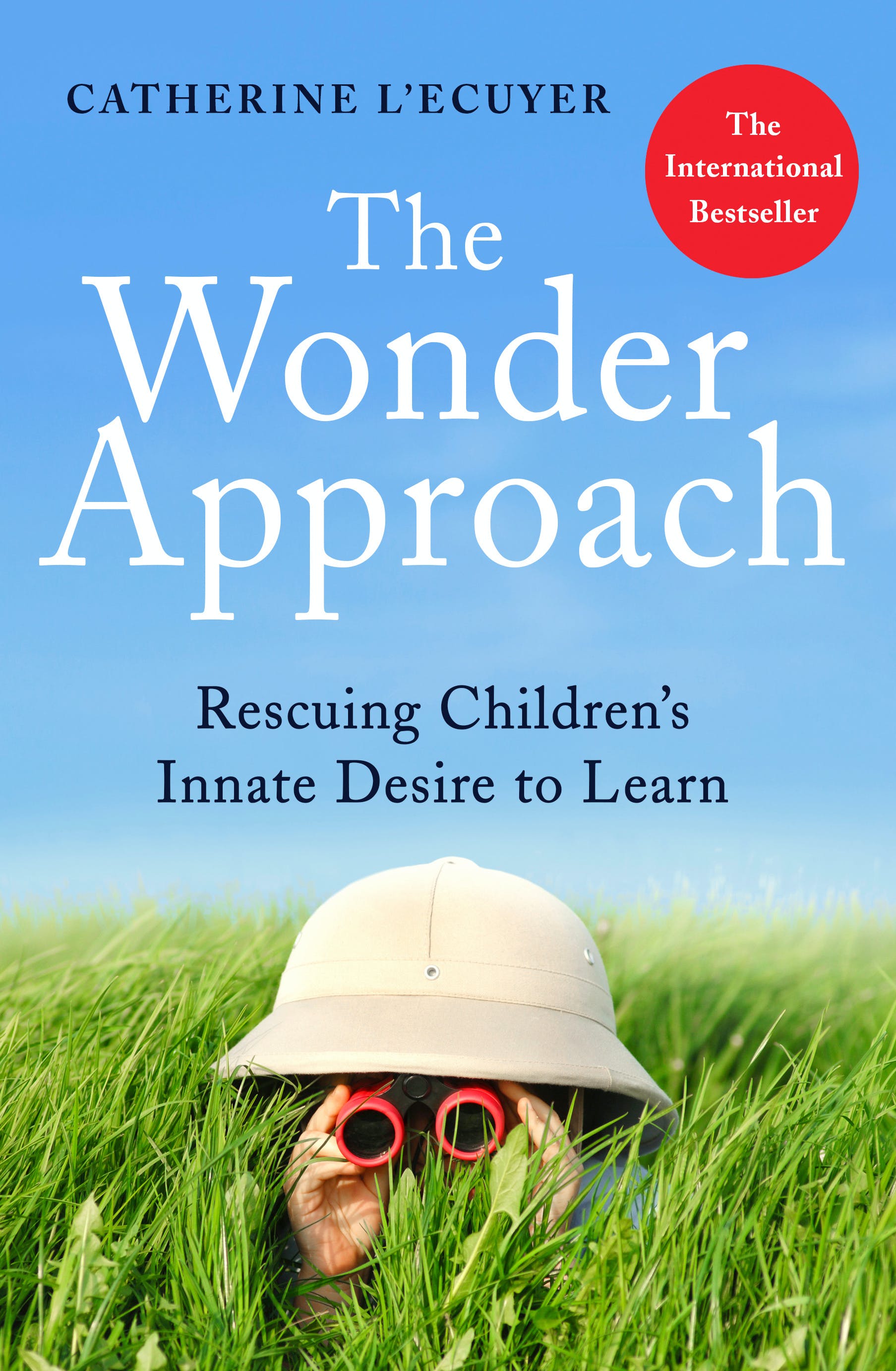
As a parent / guardian, you want your children to be happy.
More than that, you want them to be able to create their own secure, inner happiness that isn’t dependent upon treats and toys – lovely though a well-timed ice cream can be! How can we do this? The authors believe they have some basic strategies that could be usefully adopted by all parents / guardians.
What’s it about?
In ‘Growing Up Happy’, parent and teacher Alexia Barrable and her Dr friend Jenny Barnett have created a guide to 10 key strategies to encourage a happy home environment. In short, they explore the power of:
- smiling
- gratitude
- singing
- finding meaning
- appropriate touch
- finding flow
- reducing choice
- spending time outdoors
- mindfulness
- and remembering happy times.
Each strategy has its own chapter in which the authors outline their idea, the theory behind it, and Barrable’s experiences putting these ideas into practise in an educational setting and in her home.
What’s it like?
This is a nice collection of ideas to dip in and out of; there’s nothing revolutionary here but there is a lot of good sense. If you’ve ever been mildly flummoxed by a five year old gleefully anticipating their next birthday party from a distance of 11 months, then you’ll know how much joy children find in anticipating events. It makes perfect sense to capitalise on that instinct and to encourage reflections on happy times that have passed. We do actually have a lot of photos on display around our home and the children enjoy looking at them and talking about them, though as they become used to the particular images on display they do have to be encouraged to focus on memories of the event depicted, rather than counting how many times family members recur in the pictures!
As Barrable works with young primary children and is a parent to two young children, the strategies she suggests are typically more suited to pre-schoolers and infant school children. My nearly 10 year old likes music, but if I try to sing I am immediately told off, and the idea that a ‘getting up song’ could inspire him to crawl out of his cosy covers on a school morning does not seem likely to me. In fact, I’m fairly certain that items would be thrown at me and some rather strong language applied! However, the broad notion – songs and singing can make us happy – is unarguable and a good reminder that I could reconsider tidying up routines for my children. Might my 7 year old be more inspired to tidy her room if I let her borrow a speaker and choose the music blasting through it? It’s certainly worth a try.
Other ideas I am aware of but struggle to implement include reducing choice (to reduce paralysis and encourage confidence in the choice selected) and reducing the sheer number of items children have to distract them. I completely recognised Barrable’s description of her son emptying out an increasing number of toys, failing to play with any of them, and then seeking out entertainment from Mum instead! I understand Barrable’s argument here…experience tells me I struggle to follow it.
Family and friends are generous and now the children have pocket money they buy all sorts of precious tat, which gradually accumulates here and there in odd piles. I know I need to be more ruthless, but this is a constant job and one I’m bad at. (I have a lot of Stuff myself because, well, Things often Come In Handy, don’t they?) Basically, I agree with the authors, but my experiences do not jell with theirs. My daughter refuses to pass clothes down to her little sister, never mind agreeing to donate her toys to charity. I have a feeling I may need to start modelling this more explicitly with my own beloved objects / clutter, which I’m sure my husband would appreciate!
Final thoughts
‘Growing Up Happy’ is a good reminder to make the time to do the kinds of things we all know we should: get the children outside, whatever the weather; offer cuddles and other tactile moments even after our children are too big to clamber onto our laps the way they used to; and express gratitude in ways that encourage our children to value what they have and appreciate their lives.
I feel like I already try to implement quite a few of these suggestions, like asking children to recall one-three good thing(s) about their day before going to sleep, but it is so easy to let good habits fall away over time. These days, bedtime takes so long that all I really want is to get it ‘finished’ and escape downstairs to get on with my ‘evening jobs’, but I will be trying to reinstate this practice with all three children, as I do feel it’s valuable in many ways.
In short, this is a nice collection of ways to promote happiness for parents / guardians of young children, with some suggestions for adapting to suit teenagers. Easy to read but possibly harder to implement: forging new habits takes a little time, but as the authors remind us, developing these habits could really help your child/ren and your family to be happier in the short and long term. Worth a read as a reminder of good habits for happiness.


